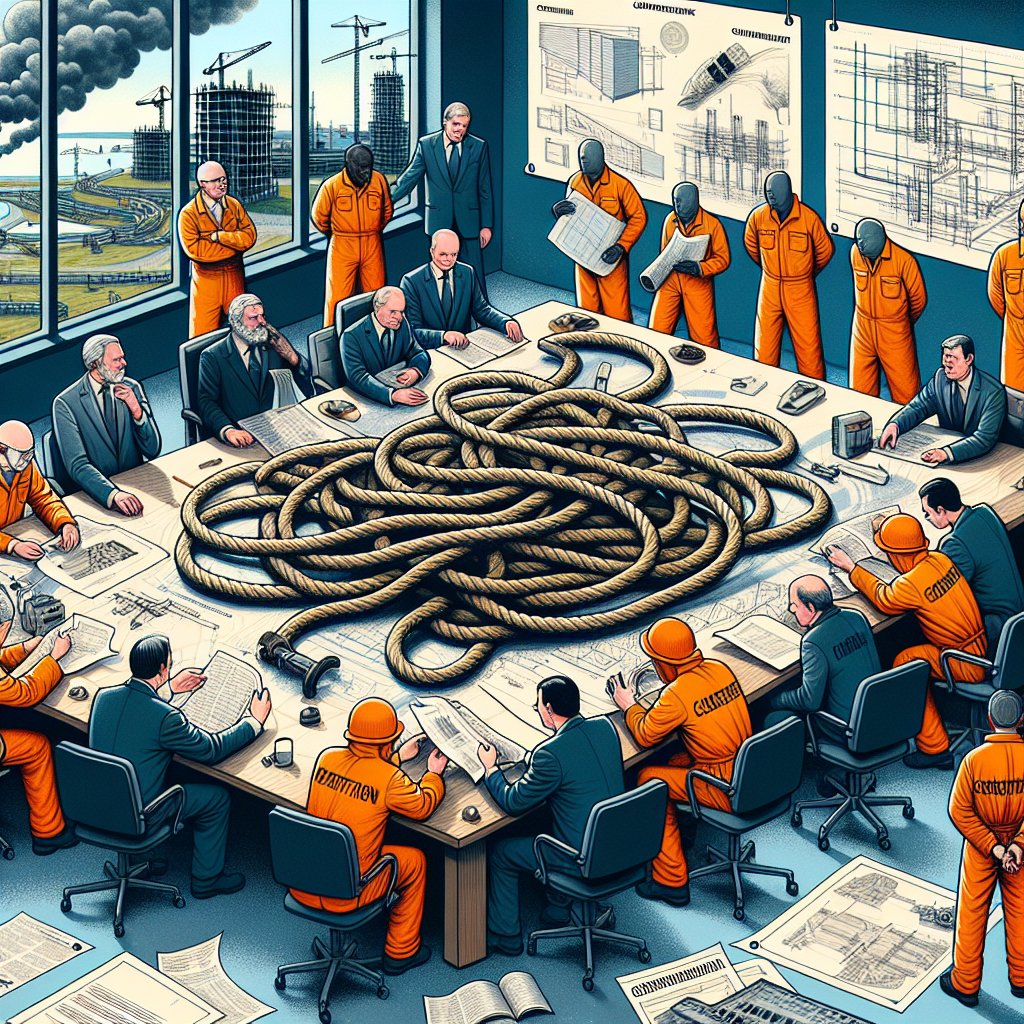Image: AI generated for illustration purposes
Minister Gordhan Demands Escalation of Anti-Corruption Measures at Eskom
Public Enterprises Minister Pravin Gordhan has voiced a resonant call to bolster the campaign against corruption within South Africa's power utility, Eskom. Addressing Parliament's Standing Committee on Public Accounts (Scopa), Gordhan, alongside Eskom's acting CEO Calib Cassim, lamented the insufficient action from law enforcement agencies in apprehending and prosecuting corrupt individuals linked to the utility.
Eskom's struggle to purge internal corruption is a consistent challenge, as Gordhan emphasized. He noted, “Rooting out the culture of corruption within Eskom and amongst the businesses that do work with Eskom is still a challenge,” he stated. “There seems to be no limit to the greed that permeates that whole ecosystem.”
The Minister's sentiments were echoed during his Scopa briefing, wherein he acknowledged the gravity of non-compliance and malfeasance and the pressing need for visible consequences, including a higher number of individuals in correctional outfits. Despite these hurdles, significant strides have been made following the recommendations spurred by the findings of the Zondo Commission.
An overhaul of the board and comprehensive remedial actions signal a period of transformation within Eskom, with the board engaging more robustly in forensic oversight. Gordhan accentuated the necessity to dismantle the culture fostering corruption, which has steadily undermined Eskom's institutional integrity.
The Special Investigating Unit (SIU), taking the lead on the inquiry into Eskom's corruption, has significantly widened its scope of investigations, according to spokesperson Kaizer Kganyago. The probe initially targeted individual misdemeanors but has since encompassed intricate examinations into coal contracts, instances of sabotage, and high-profile construction projects such as the Medupi and Kusile power stations.
Shifting the investigative approach from individuals to processes and criminal syndicates, the SIU endeavors to delve into the systemic issues compromising Eskom's supply chain for coal and diesel. Notable in these series of prosecutions is the Swiss-German engineering giant ABB, which reimbursed Eskom an amount of R1.6 billion, marking a victory in the anti-corruption crusade.
With the investigations intensifying, the emphasis has been on intercepting corrupted processes rather than focusing solely on frontline employees, as Kganyago expressed: “We do not investigate individuals; we look at processes, and if those processes lead us to you, then you will be investigated.”
As these events unfold, it remains crucial for the public and potential investors to approach the content with circumspection, considering their own financial situation and seeking suitable legal and tax advice before any decision-making regarding investments in the evolving landscape shaped by Eskom's prospects.










